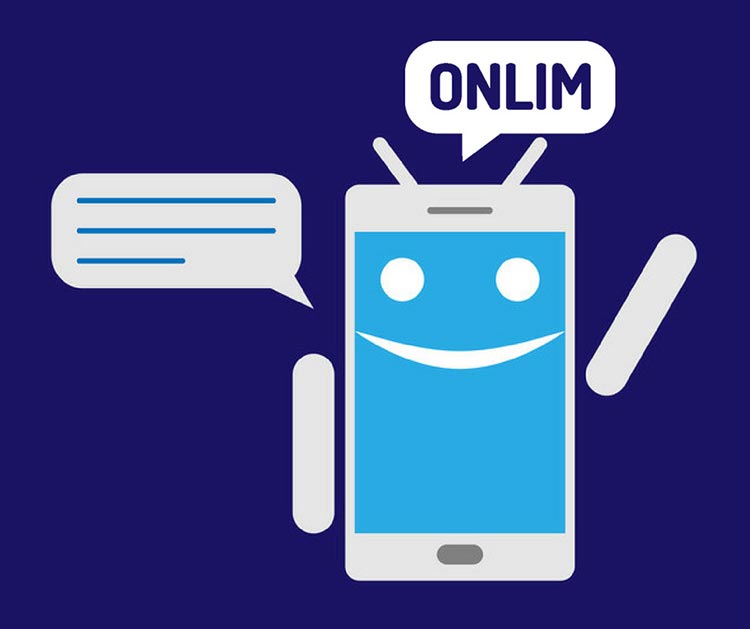5 Customer Service Lessons From 2020
2020 has been an extremely unusual year. The world of business has been forced to adapt in so many areas. One of those is customer service — so what customer service lessons have we learned during the COVID-19 pandemic? Here are five you should know.
Customer service has always been a top priority for every leading customer-facing business. But there are still far too many brands that fail to put enough time, effort and resources into providing their customers with impressive buying experiences and support schemes.
And in the crucible of 2020, it’s become readily apparent which companies understand what they need to do — and which ones need to completely rethink their strategies. To help with that process, we’re going to look at five customer service lessons you should take from this year. Let’s get started, shall we?
1. Users want (or need) simple processes
There’s been a huge influx of relatively-inexperienced internet users. Especially due to the pandemic pushing so many businesses online and keeping so many people confined to their homes. The huge popularity of smartphones shows that people of all ages and backgrounds can use social media and browse pages. However, there are still plenty of people who struggle to do things like place online orders or use online tools.
These people need your assistance. To help them, you have to avoid complicated processes and make everything as simple as you can. Use clear language, minimal navigation options, and easy-to-find support buttons — if you have a chat option, for instance, it should be immediately obvious to anyone who visits.
2. Embracing tech is key to standing out
It’s only getting harder to stand out with so much online competition. Key to achieving it is using ever-improving technology to bolster your operation. Whether you’re using slick time trackers to find inefficiencies or choosing from the best task management apps to ensure that your daily workload goes smoothly, you need to be optimizing wherever possible — and that also means using tech to enhance your customer service.
Take VR and AR, for instance. Being able to preview products in AR used to be a gimmick, but when people are in lockdown, it’s incredibly useful to be able to get an idea of how furniture will look in situ. You need to have the right attitude for adapting to new tools, particularly when it comes to AI and automation in general — with chatbots being the perfect examples. We’ll look at them more closely in the next lesson.
3. Chatbots are vital for meeting demand
With more people doing business online than ever before, demand has majorly increased for some companies. And they’ve found it tough to keep up. What happens when they fail? Well, as we’ll see more next, people take to social media and leave scathing criticism that ends up tarnishing those companies quite extensively.
Chatbots, though, can scale to meet any level of demand. You just need a well-designed chatbot with a strong foundation and plenty of cloud resources, and it can offer your customers valuable and punctual service at any time of the day (or night) — and if you’re looking for a conversational platform, you’re in the right place.
If you’d like to learn more about chatbots for your business, check out our chatbot guide.
4. Social media keeps growing in importance
As noted earlier, new online shoppers might not know much about buying online, but they do know about social media — so if you disappoint them, they’ll flock to Twitter and Facebook and start besmirching your brand reputation.
Not only does this mean that you need to monitor social media carefully and respond appropriately to notable comments (thanking people for positive feedback or taking action to address negative points), but it also means that you should make an effort to generally support people through having some active social media accounts.
5. There’s great value in content production
Producing content for marketing is extremely common, but it’s also very important for customer service. Why? Because providing vital information through content often means you don’t need to field any queries — before a customer can think to ask you something, they’ve found the details they’re looking for in your content.
You should assemble a knowledge base and make it easy for customers to access. For example. you can link to it at the most useful points in your conversion process. It’ll earn you some plaudits from your loyal customers and — along with your chatbots — lighten the load on your support assistants.
Also interesting: 5 Reasons Why Chatbots Need a Strong Knowledge Base
2020 may have been a very difficult year so far, but it has proven useful in one specific regard. It’s provided us with some great opportunities to learn from our mistakes. By learning the customer service lessons we’ve set out here, you can lay the groundwork for building a much-improved customer service department in the near future.
Author bio:
Rodney Laws is an ecommerce expert with over a decade of experience in building online businesses. Check out his reviews on EcommercePlatforms.io and you’ll find practical tips that you can use to build the best online store for your business. Connect with him on Twitter @EcomPlatformsio.
What are Large Language Models (LLMs)?
March 18th, 2024|
What are chatbots and how do they work?
November 23rd, 2023|
The AI Act and its impact on the use of chatbots
October 27th, 2023|




